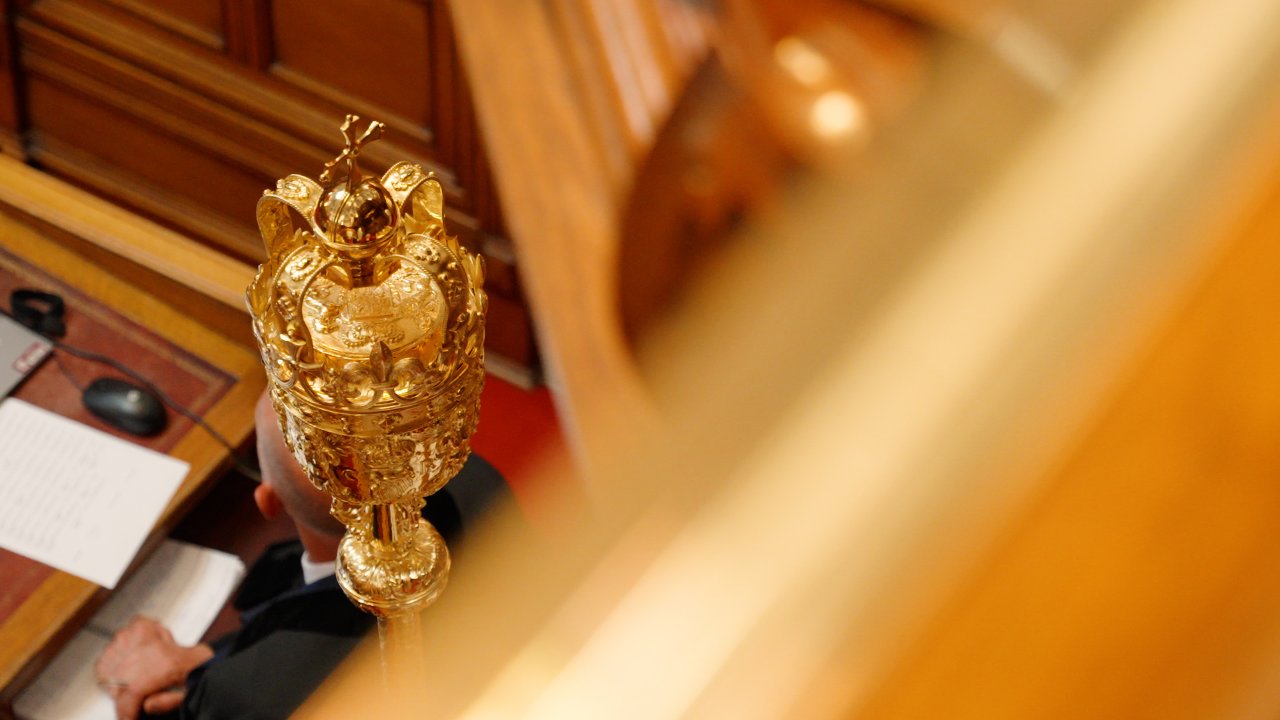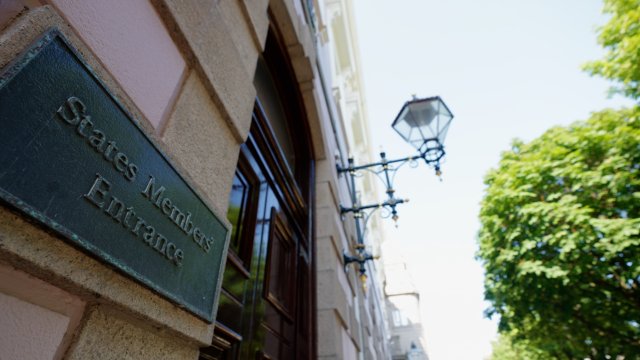 In 1750 the Lieutenant Bailiff Charles Lemprière was effectively in charge of Jersey and controlled much of the land. Islanders had to pay ‘rentes’ for this land in the form of wheat and corn.
In 1750 the Lieutenant Bailiff Charles Lemprière was effectively in charge of Jersey and controlled much of the land. Islanders had to pay ‘rentes’ for this land in the form of wheat and corn.
When wheat or corn was scarce, the price increased. 1768 was a bad year for harvesting and so prices went up. This benefitted rich landowners, including Lemprière, but many Islanders couldn’t afford to pay and faced starvation.


